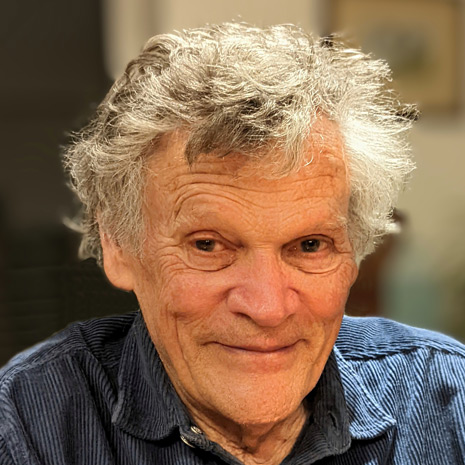Honorary graduates 2023
Dr Nicholas Tregenza (DSc)

Monday 24 July 2023 1:45pm
Nicholas Tregenza worked as a family doctor in Hayle in West Cornwall and also worked in his own time on local nature conservation issues and on wider issues that included organising observation of three commercial fisheries - gill-netting, pelagic trawling and tuna drift netting, and involving other European countries in these studies.
In response to the problems discovered of accidental capture of dolphins and porpoises he developed instruments, called PODs, to monitor these animals by recognising their echo-location click sounds. This has revolutionised the way these animals can be monitored, making it possible, for the first time, to discover the locations of some the most endangered species in the world, to see how their numbers are changing, and to rapidly assess methods of keeping them out of fishing gear.
PODs were stationed across the whole Baltic Sea and showed that the Baltic Sea Harbour Porpoise was not extinct but had a key site, or hotspot, that is now fully protected. PODs have also tracked the serious decline in the Vaquita in Mexico, and are now in use in the Yangtze River in China.
In South America a single instrument recently revealed that the pink river dolphins of the River Amazon use complex clicking patterns, at over 1000 clicks per second, that gives them a uniquely directional form of social communication.
This year a citizen-science plus academic project is building a network of PODs around the south-west of Britain to illuminate what is happening to our cetaceans.
